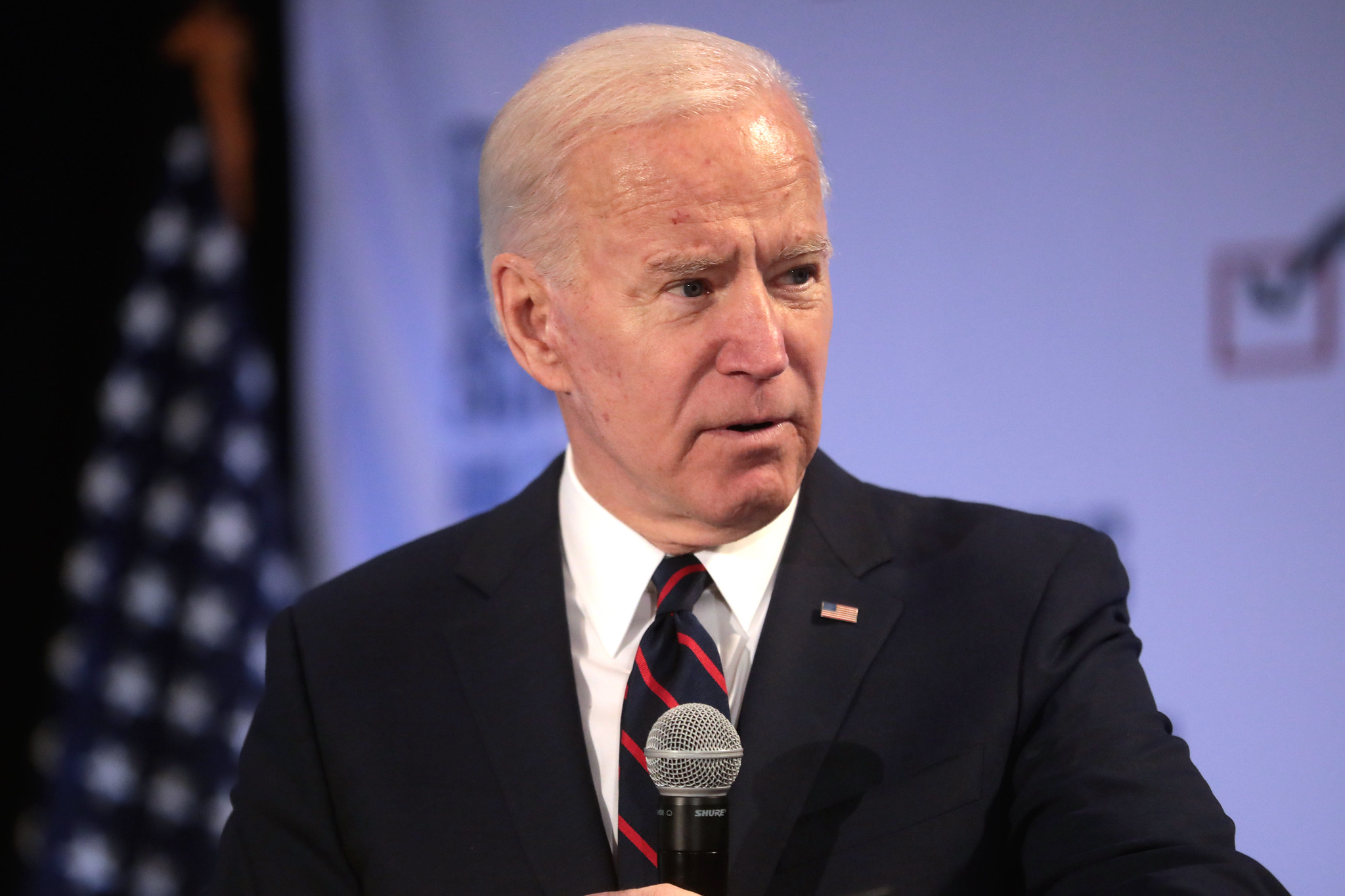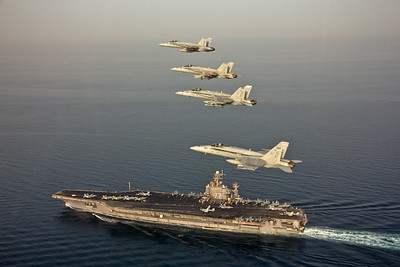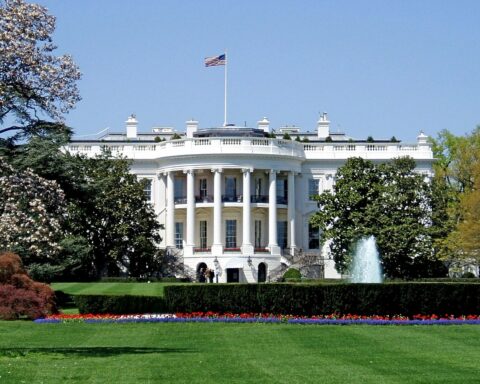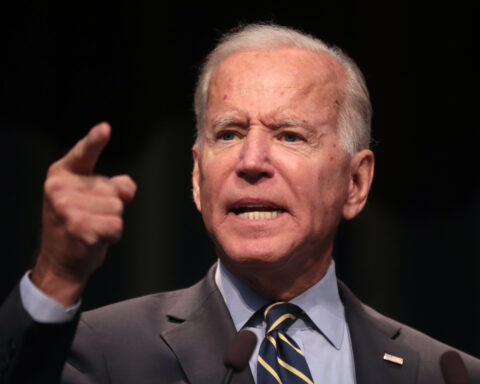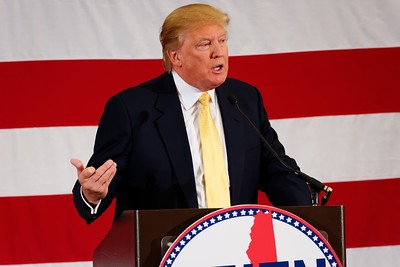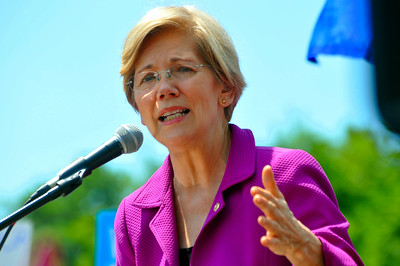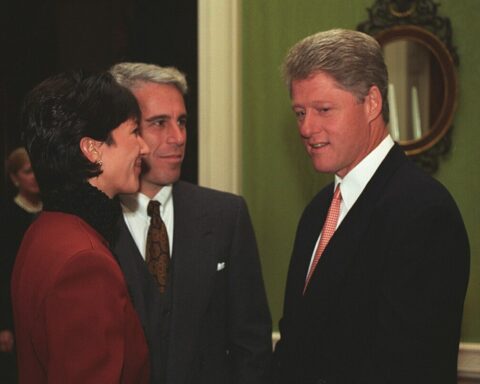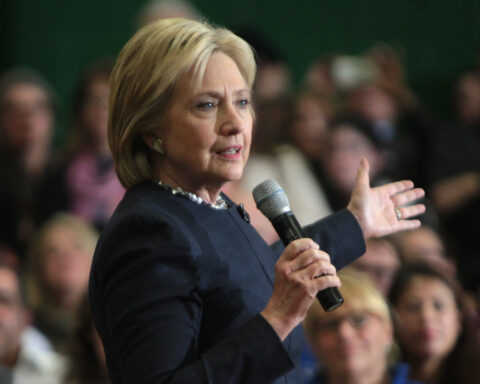The collapse of Bashar al-Assad’s brutal regime in Syria, orchestrated in part by the Islamist group Hayat Tahrir al-Sham (HTS), has sent shockwaves through the Middle East.
U.S. policymakers and allies now face a critical question: Can HTS, a U.S.-designated terrorist organization, transition into a legitimate political force, or is it merely donning a moderate mask to consolidate power?
HTS, led by Abu Mohammed al-Golani, once operated under al Qaeda’s banner but cut ties in 2016.
Since then, al-Golani has worked to rebrand HTS as a nationalist group intent on opposing Assad, Iran, and Russia.
The group’s role in Assad’s downfall dealt a blow to Tehran and Moscow, both of which heavily backed the dictator for geopolitical leverage.
Yet HTS’s long history of terrorism raises serious concerns about its legitimacy.
The debate over HTS is raging in Washington, particularly among national security officials and Republican policymakers who are preparing for President-elect Donald Trump’s return to the White House.
Trump’s incoming administration is expected to take a hardline stance on Middle East policy, with experts warning against prematurely removing HTS from the U.S. foreign terrorist organization (FTO) list.
“[Al-Golani] has to be judged over the course of his career, not just by what he’s done in the past few months,” cautioned Nathan Sales, the former counterterrorism envoy in Trump’s State Department.
“When you look at his resume, it’s a blue-plated terrorist resume.”
Gabriel Noronha, a former Trump administration official, echoed this skepticism: “Lots of groups say the right thing as they come into power because their hold on power is fragile. Once they consolidate power, they focus on implementing their ideology.”
HTS has made overtures to establish a peaceful transitional government in post-Assad Syria.
It has pledged to work with Syrian Prime Minister Mohammed Ghazi Jalali, announced an amnesty for conscripted soldiers, and promised not to impose strict dress codes on women.
Yet skepticism abounds over whether these moves are genuine reforms or tactical ploys to garner international legitimacy.
Republicans, emboldened by Trump’s election, are wary of rushing to normalize relations with HTS.
They point to the group’s potential to revert to extremist behavior once it consolidates power.
“We should all be very skeptical of the ability of HTS to deradicalize itself at the moment of victory,” Sales emphasized.
For now, U.S. sanctions and HTS’s FTO designation remain in place.

